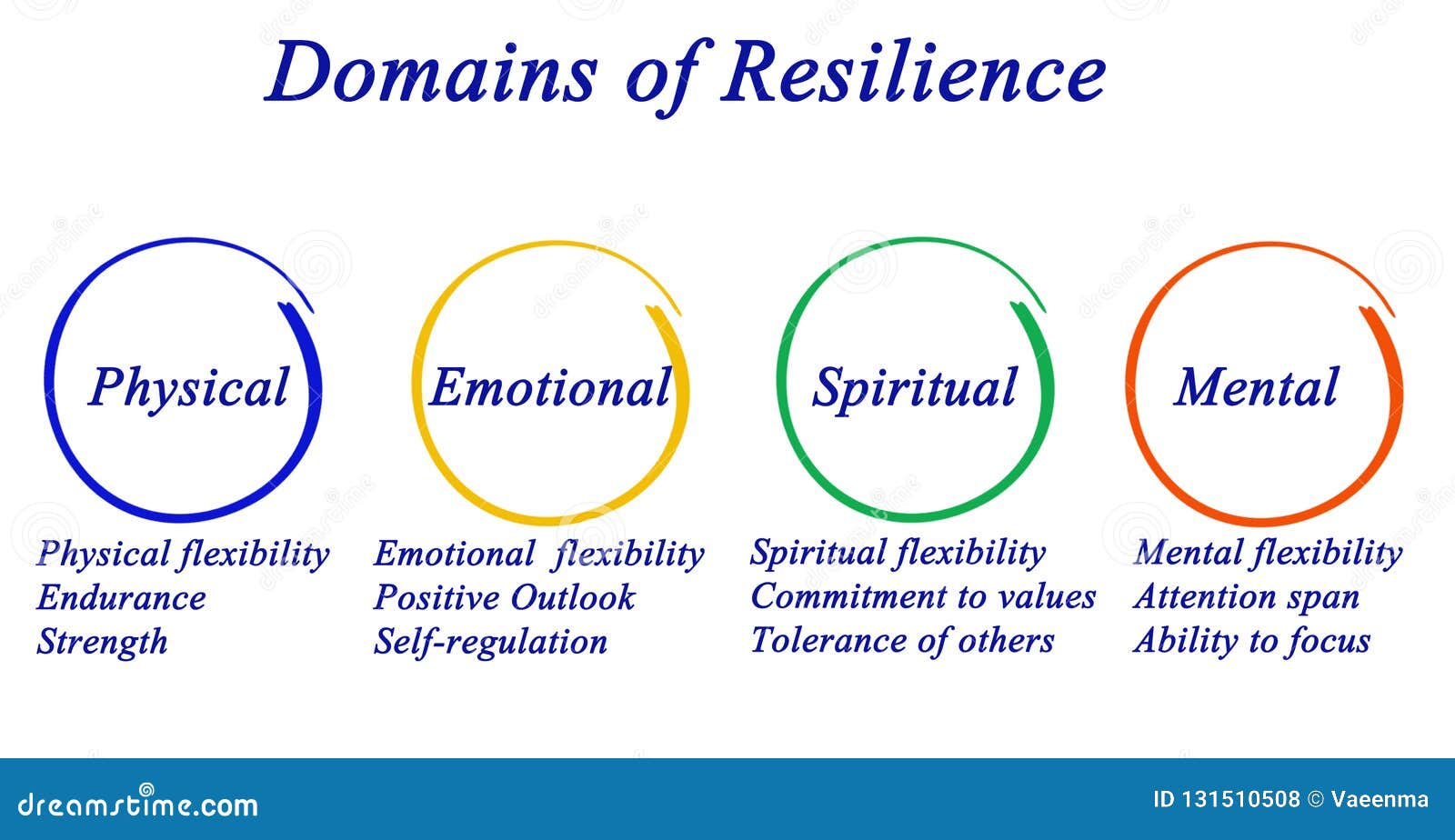Finding Resilience & Mental Health: Your Path To Well-being

Table of Contents
Understanding Resilience and its Importance
Resilience is the ability to bounce back from adversity, stress, trauma, and hardship. It's not about avoiding challenges, but about adapting and overcoming them with a positive outlook and a sense of agency. Psychological resilience and emotional resilience are intertwined aspects of this crucial life skill. A strong connection exists between resilience and mental well-being; individuals with high resilience tend to experience lower levels of stress, anxiety, and depression. They possess a greater capacity to manage difficult situations and maintain their overall mental health.
- Resilience helps you bounce back from setbacks. Instead of getting stuck in negativity, resilient individuals view challenges as opportunities for growth and learning.
- It fosters a positive outlook even during difficult times. They maintain hope and optimism, believing in their ability to overcome obstacles.
- Building resilience strengthens mental fortitude. It enhances your ability to cope with stress and adversity, leading to greater emotional stability.
- Improved resilience leads to better stress management. Effective coping mechanisms and a positive mindset enable you to navigate stressful situations more effectively.
Developing Key Coping Mechanisms for Mental Wellness
Developing healthy coping mechanisms is essential for managing stress, anxiety, and other mental health challenges. Identifying your personal triggers and understanding your typical responses to stressful situations is the first step toward building emotional resilience. Once you understand your patterns, you can develop strategies to navigate stressful situations more effectively.
- Practice mindfulness and meditation for stress reduction. These techniques help you focus on the present moment and reduce overthinking, improving mental clarity. Mindfulness exercises can significantly improve your ability to manage stress and anxiety.
- Engage in regular physical activity to boost mood. Exercise releases endorphins, which have mood-boosting effects. Aim for at least 30 minutes of moderate-intensity exercise most days of the week.
- Prioritize sufficient sleep for improved cognitive function. Lack of sleep can exacerbate stress and negatively impact mental health. Aim for 7-9 hours of quality sleep each night.
- Connect with supportive friends and family. Strong social connections provide a buffer against stress and promote emotional well-being. Building a strong support network is vital for mental health.
- Explore healthy outlets like journaling, art, or music. These creative activities can provide a healthy way to express emotions and reduce stress.
Prioritizing Self-Care for Enhanced Mental Strength
Self-care is not selfish; it's essential for building resilience and maintaining mental health. Prioritizing self-care activities tailored to your individual needs is crucial for preventing burnout and promoting mental wellness. Self-care is a fundamental component of building emotional resilience and improving overall well-being.
- Set realistic goals and avoid overcommitting. Overwhelm can lead to increased stress and anxiety. Learn to say no to commitments that will stretch you too thin.
- Practice saying "no" to protect your time and energy. Setting boundaries is crucial for self-care and avoiding burnout. Protecting your mental energy is just as important as protecting your physical energy.
- Engage in hobbies and activities you enjoy. Make time for activities that bring you joy and relaxation. These activities can serve as effective stress relievers and boost your mood.
- Maintain a balanced diet and stay hydrated. Nutrition plays a crucial role in mental well-being. A healthy diet provides the nutrients your brain needs to function optimally.
- Schedule regular time for relaxation and unwinding. Incorporate relaxation techniques like deep breathing, yoga, or spending time in nature into your daily routine.
Seeking Professional Support When Needed
Recognizing when you need professional support is a sign of strength, not weakness. If you're struggling with persistent sadness, anxiety, or other mental health concerns, don't hesitate to seek professional help. Many types of mental health professionals are available to provide support and guidance, including therapists, counselors, and psychiatrists.
- Recognize the signs of needing professional support (persistent sadness, anxiety, etc.). Pay attention to changes in your mood, behavior, and sleep patterns. If you're experiencing significant distress or impairment in your daily life, seek professional help.
- Don't hesitate to reach out to a therapist, counselor, or psychiatrist. These professionals can provide evidence-based treatments to address your mental health concerns.
- Explore different therapy options like CBT, DBT, etc. Cognitive Behavioral Therapy (CBT) and Dialectical Behavior Therapy (DBT) are just two examples of effective therapy approaches for various mental health conditions.
- Utilize online resources and support groups. Many online resources and support groups can provide valuable information and peer support.
Conclusion
Building resilience and prioritizing mental health is a journey, not a destination. By understanding the importance of resilience, developing healthy coping mechanisms, practicing self-care, and seeking professional support when needed, you can significantly improve your overall well-being and navigate life's challenges with greater ease. Remember that building emotional resilience is an ongoing process, requiring consistent effort and self-compassion.
Call to Action: Start your journey towards enhanced mental well-being today. Learn more about building resilience and improving your mental health by exploring resources and connecting with professionals. Take the first step towards a happier, healthier you by focusing on finding resilience and cultivating your mental wellness.

Featured Posts
-
 Abn Amro Voorspelt Stijging Huizenprijzen Ondanks Renteverhogingen
May 21, 2025
Abn Amro Voorspelt Stijging Huizenprijzen Ondanks Renteverhogingen
May 21, 2025 -
 Trump Administrations Ai Policy A Win For Businesses But Whats Next
May 21, 2025
Trump Administrations Ai Policy A Win For Businesses But Whats Next
May 21, 2025 -
 Gangsta Granny Comparing The Book To The Stage Adaptation
May 21, 2025
Gangsta Granny Comparing The Book To The Stage Adaptation
May 21, 2025 -
 Police Source On Kartel Safety The Primary Concern For Restrictions
May 21, 2025
Police Source On Kartel Safety The Primary Concern For Restrictions
May 21, 2025 -
 American Couple Arrested In Uk Following Bbc Antiques Roadshow Episode
May 21, 2025
American Couple Arrested In Uk Following Bbc Antiques Roadshow Episode
May 21, 2025
Latest Posts
-
 The Goldbergs Why The Show Resonates With Audiences
May 22, 2025
The Goldbergs Why The Show Resonates With Audiences
May 22, 2025 -
 Analyzing Liverpools Win Perspectives From Arne Slot And Luis Enrique
May 22, 2025
Analyzing Liverpools Win Perspectives From Arne Slot And Luis Enrique
May 22, 2025 -
 The Goldbergs Behind The Scenes Facts And Trivia You Didnt Know
May 22, 2025
The Goldbergs Behind The Scenes Facts And Trivia You Didnt Know
May 22, 2025 -
 The Goldbergs A Nostalgic Look Back At 1980s Family Life
May 22, 2025
The Goldbergs A Nostalgic Look Back At 1980s Family Life
May 22, 2025 -
 Alissons Performance Expert Opinions From Slot And Enrique
May 22, 2025
Alissons Performance Expert Opinions From Slot And Enrique
May 22, 2025
